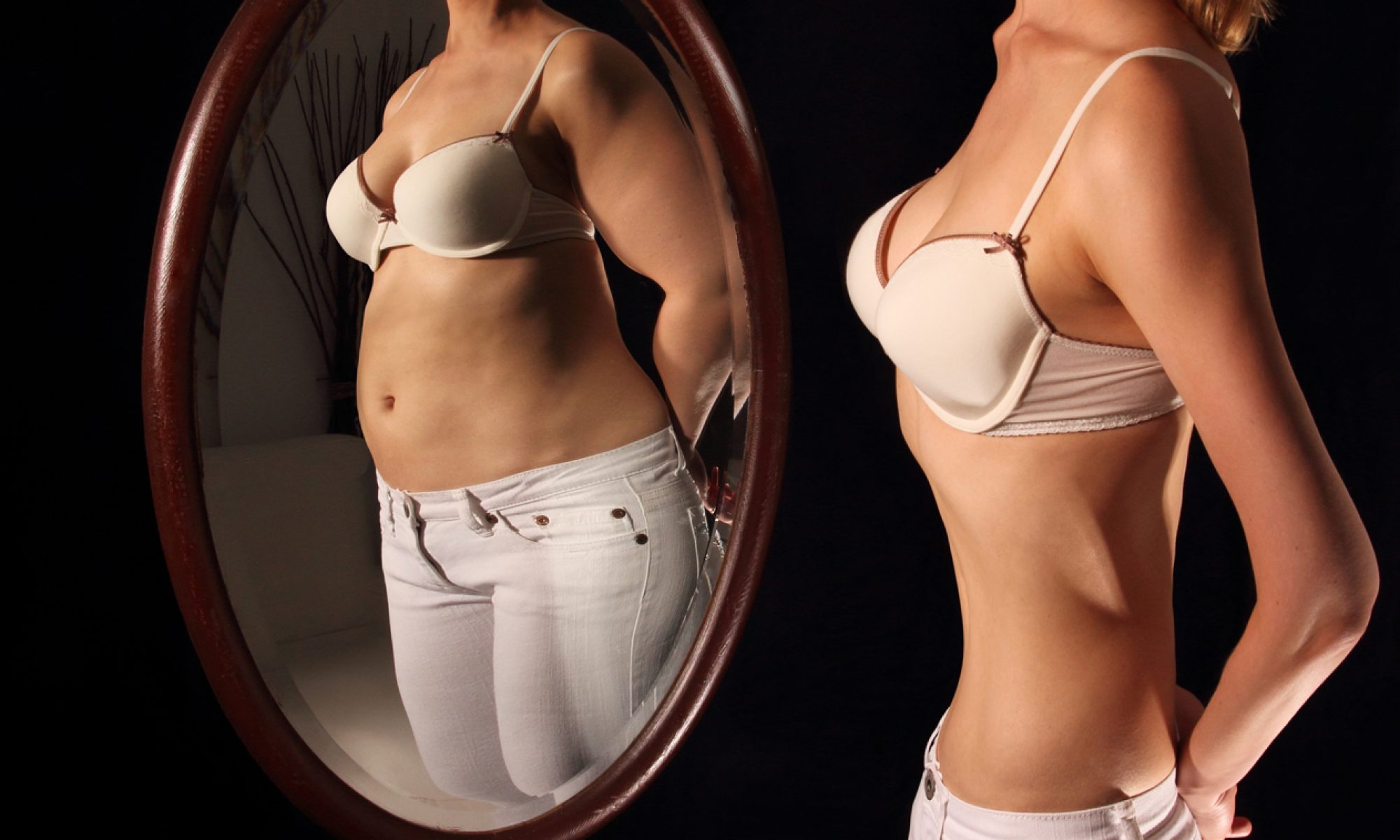
Acne is a problem among many, but even more so for teens since “more than 85% of teenagers have this common skin problem, which is marked by clogged pores (whiteheads, blackheads), painful pimples, and sometimes, hard, deep lumps on the face, neck, shoulders, chest, back, and upper arms.” However, this can cause teens to feel self-conscious, and/or even dirty, in the eyes of others, even when they are taking the necessary steps towards maintaining good skin health by ensuring that their face is clean.
Consequently, “when you hit puberty, there’s an increase in sex hormones called androgens.” Although this is a normal process of the body, problems can arise when there is an excess amount of hormones. When this happens, it can jeopardize a teen’s skin health by causing his/her glands to produce way more oil than their skin might need, resulting in a small, minor, and/or even large amount of inflammation, also known as a breakout. Teens who get a small amount of these may not even be affected, or more or less even care, but teens who are faced with a more severe condition – that causes things such as acne scars – may seek out someone in the medical field.
Other factors play a huge part as well, like the medication that the teen may be taking at the time because his/her acne can simply be a reaction – and/or side effect – that is caused by what is being consumed. Fortunately, this is something that can easily be spotted by the teen, especially if he/she hadn’t noticed a breakout up until that point, and/or until after they began taking that particular medication. In most cases, the teen can speak to a doctor and they can both work towards figuring out an alternative solution – and/or prescription – which will rid him/her of his/her sudden outbreak.
In conclusion, in a number of teen cases, the individual grows out of it over time, because as the teen’s hormones are regulated, so is the excess amount of oil that is produced. Yet, even so, every teen is different. Some are able to prevent their acne from reappearing with the help of face cleansers, over-the-counter creams/non-prescription treatment “such as a topical retinoid gel or those containing benzoyl peroxide, salicylic acid, glycolic acid, or lactic acid for a couple of months”, among other things. But for those who are unable to, there’s still hope, which can be sought out through the help of a medical professional.
